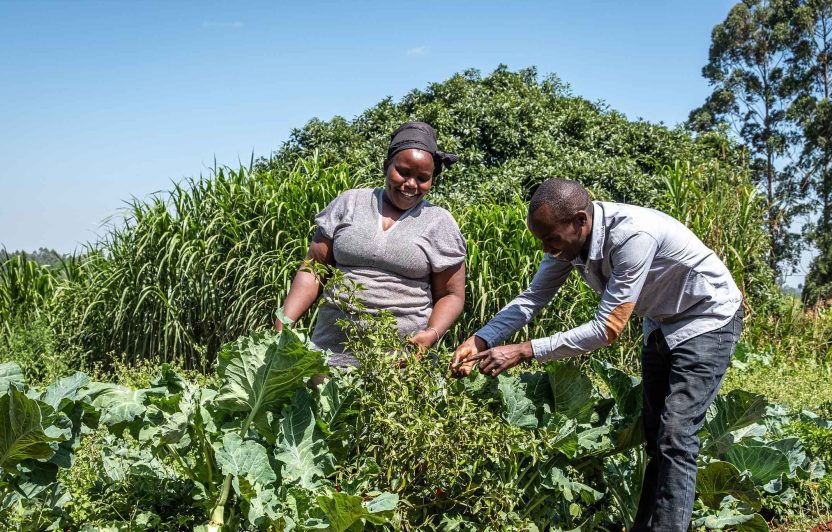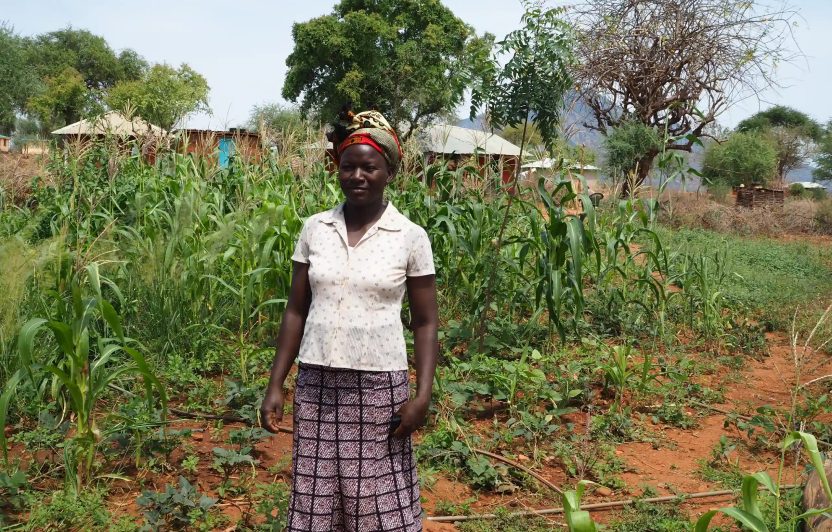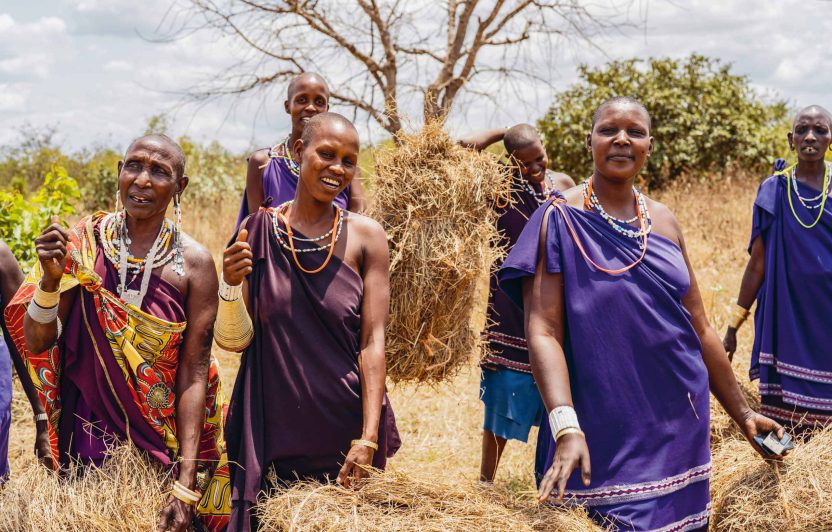Billions of locusts have been ravaging land in Ethiopia, Kenya and Somalia for months. The Food and Agriculture Organization of the United Nations (FAO) stated that the size of the swarms and its destructive potential “is like nothing we’ve seen before”. It is the biggest plague to hit these countries in the last 25 years. The insects destroy entire harvests. A catastrophic famine is imminent.
Biovision’s contact with local partners
Biovision is carefully following the plague’s developments and is in close contact with partner organisations in Ethiopia and Kenya. Biovision project areas are not currently affected, though this could change. “Some swarms in Kenya have come alarmingly close to the project area near Mount Kenya. We have to expect the worst”, said Andreas Sicks, Biovision’s Development Project Manager . “In a worst-case scenario, we and our partners will quickly have to gauge what project adjustments are necessary.
If the situation changes in our project areas, we will inform you about it here accordingly.
“We and our project partners in Ethiopia and Kenya are in the position to react swiftly to the situation and the consequences”, Andreas Sicks explained.
Recommended news-channels and websites:
- Time Magazine: ‘This Is Huge’: Worst Locust Swarm in Decades Destroy Crops in East Africa
- FAO Desert Locust Information Service
- FAO ‘Desert Locust situation update’
(Photo credit Header: Adam Matan (https://creativecommons.org/licenses/by-sa/3.0))





